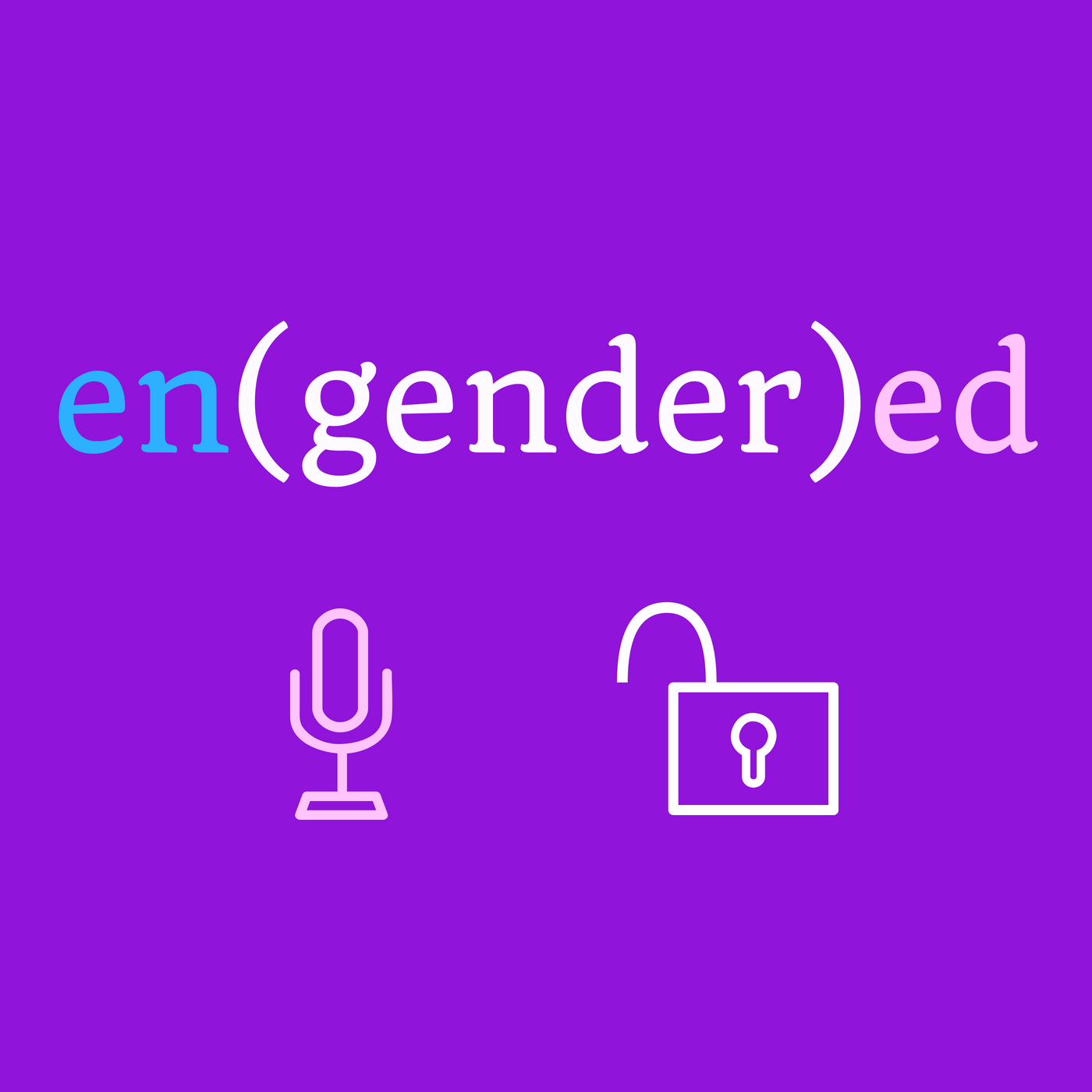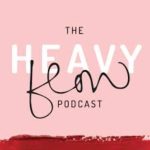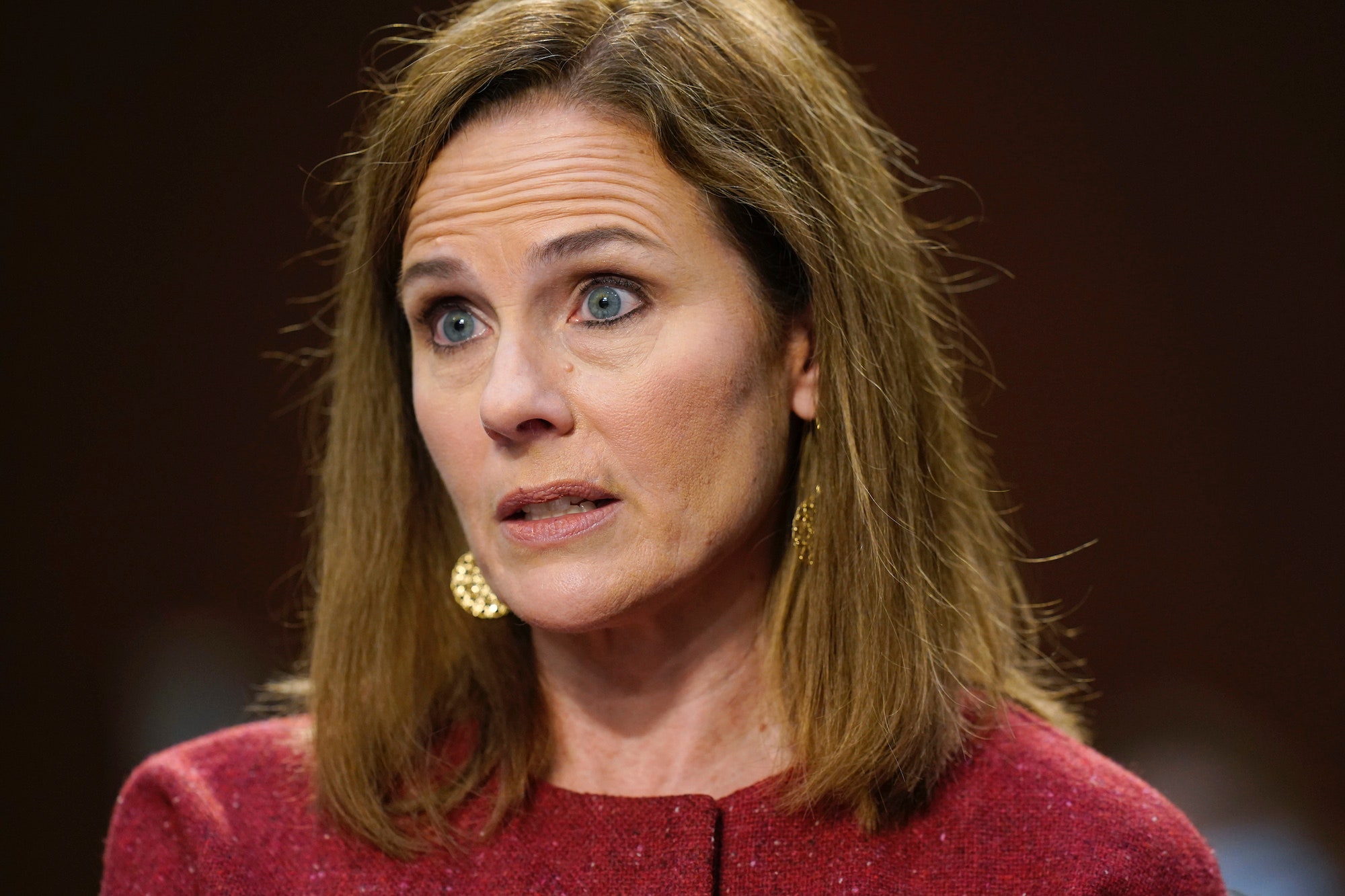
To do so, we must first care about women
I’ve not been watching the confirmation hearings because I’ve had my share of it back in the 1990s when I was first exposed to the double excoriation of Anita Hill during the Clarence Thomas hearings, where Senate Republicans weaponized both race and gender against her to secure the confirmation of an accused and likely sexual predator. I was also glued to the television a little over two years ago during the more recent Brett Kavanaugh hearings and the Senate’s desperate attempt to place a second predator on the bench — this time, by playing dirty and discarding any and all pretense that they care about norms and protocol — especially ones they defined.
This week, Coney Barrett was asked about her views on a whole series of questions regarding “human rights, human decency, and human dignity.” No one should be surprised by now when she refused to answer Booker’s question:
“Do you think it’s wrong to separate a child from their parent, not for the safety of the child or parent but to send a message. As a human being, do you believe that that’s wrong?”
Not only did Coney Barrett fail to respond — but she also revealed from her failure to do so and draw a line on this moral, not legal question — that she herself lacks the qualities, the humanity, and the intellectual sophistication to hold this office, let alone be anywhere near where people’s lives and rights are at stake. I wouldn’t allow this women near a construction site either, where she may jeopardize lives and building safety in order to save a few bucks on screw material. Failure to put a stake in the ground on issues of morality and ethics is a failure in connecting to your own and others’ humanity and fundamental rights.
Patriarchy’s falsely constructed double-bind — harm or be harmed
We’ve seen Coney Barrett’s expression before. It’s the look of a woman in leadership not using her power for good to protect and defend other women’s rights and, by consequence, the rights of children.
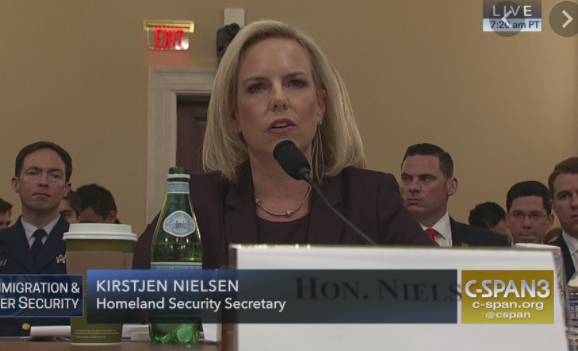
Remember this saga? Trump’s Former Secretary of Homeland Secretary Kirstjen Nielsen, one of his many foxes guarding the hen house, denied knowing that Norway was predominantly white — the country that Trump touted as desirable for US immigration over Haiti and other African countries, to which he referred as “shithole” countries. Several months later, Nielsen would become a familiar face on C-SPAN for her testimony on family separation at the border. It doesn’t matter that she allegedly opposed the policy — for logistical reasons rather than moral or ethical ones — citing the agency’s inability to track separated families and children as operational hurdles. Many people might view Nielsen as an unwilling bystander, but that would be a mistake. Her choice to serve in the Administration for an individual who disregards science, fact, or lives, except his own, needs to be held to account.
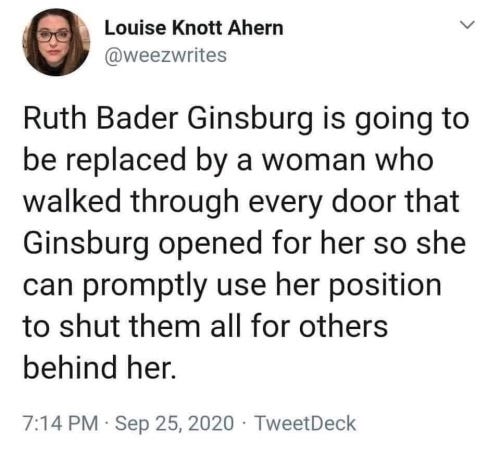
This pattern of women using their proximity to power and white privilege — to do harm, at worst, or stay silent, at best — is the mark of someone who has sacrificed those in her care, including her children or the collective “other” for the sake of survival in a patriarchal world. They have become complicit in this rigged game, where the dispossessed are made to compete with another for scraps, while managing the boots on our necks. Too often, these women resort to denying the existence of systemic sexism in their own lives, find excuses for looking the other way, or punish other women when we try to expose and hold to account the structures that enable structural gender inequities. In many ways, the dynamic is akin to how settler colonialism has all but erased the culture, language, and extinguished the spirits of Indigenous peoples.
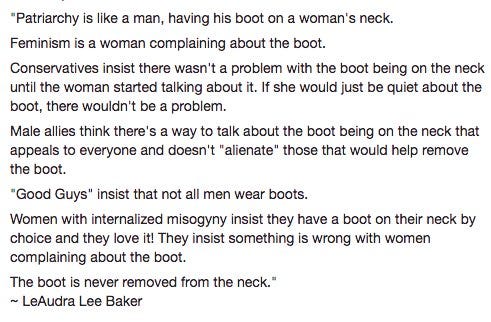
White privilege meets internalized sexism
When women choose to align with and uphold male power over fighting for our collective liberation, they often have to do so at the expense of protecting their children. Longstanding “coverture” laws deemed women as property who belonged to their husbands — her identity subsumed into his, as one. If women are chattel, children are as well, and, by extension, belong to the father.
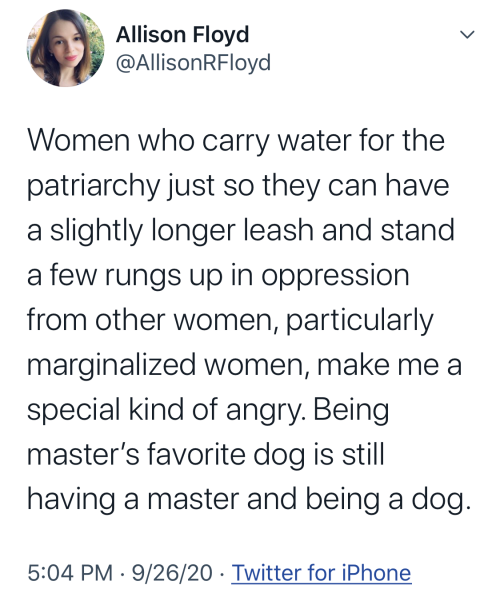
For over a century, from the early 1800s until the early 1970s, the United States followed the “tender years doctrine” with regard to child custody, which reversed the previous presumption that fathers were better able to provide for their children. Then ‘Equal Protection’ challenges to tender years resulted in most states adopting some form of “best interests” standards which included a set of criteria that were subjectively determined by a family court judge as to who was “more fit” to be granted physical and/or legal custody.
The problem is, when you combine these forces, you get a double whammy — patriarchal control of women and children has evolved to be misrepresented by the media as a legitimate form of ‘activism’ called ‘MRA’ or “men’s rights activists” from which ‘fathers’ rights” has emerged. In reality, the very nomenclature itself is used as a form of gaslighting to mask the paradox and inherent contradiction in their name.
How can men be called “activists” — a term traditionally reserved for those fighting for equality, justice, and/or to end oppression — when they are actively trying to uphold structures and norms that benefit them through white privilege and supremacy? Instead, “MRA” are effectively the white supremacists of gender, seeking to maintain their power over, and should be referred to as “male supremacists” with the counterpart within their groups called “father supremacists.”
This mis-framing of language and narrative has been a longstanding tactic of oppressors to suppress the voices and experiences of the oppressed. It’s taken from the authoritarian playbook where truth is subjective and facts are irrelevant to feelings, the most common of which that is exploited is fear. In our en(gender)ed podcast, we refer to these as “abuser tactics” which derive from the same principles of domination and control, except they are used in the interpersonal context, rather than deployed by the state.
Family Court as a microcosm of state control of women and children
While the state has always played a role in providing support to fatherless children, it took on an even greater tole in 1975 when Congress passed the “Child Support Enforcement (IV-D)” program. Many in the battered women’s movement attribute this federal legislation, which established the public bureaucracy that was charged with enforcing child support obligations, as an important impetus in giving rise to the fathers supremacist movement, who sought custody as a tactic to avoid strict enforcement and penalties for unmet child support obligations. Under the tutelage of the male supremacist movement and the support of the religious right which sought to desperately maintain the “nuclear family” unit in response to women’s liberation movement, fathers began to seek primary custody and use information warfare against their wives when they tried to leave the marriage and shared claims of abuse to the courts.
Since then, the father supremacist movement has all but codified the disinformation tactic of “parental alienation” to its benefit and to the detriment of women and children experiencing abuse. Abusive fathers scream “parental alienation” when women report abuse, child abuse, or child sexual abuse, often for the first time, when they are seeking a divorce and enter family court. Because courts tend not to believe women and abuse myths run rampant still, victims and survivors have their trauma responses and experiences weaponized against them by the abusers who are viewed as “good fathers.” George Washington University Law School Professor Joan Meier’s research exposes the gender bias which puts women abuse victims at a disadvantage over their partners, resulting in the hidden epidemic of abusive men gaining custody the majority of the time when women report abuse.
The aggregate result of adding together the above policies and practice, not to mention the most consequential issue that is at the heart of the Coney Barrett controversy — a woman’s right to choose so that she has control over her reproductive destiny, in order to control her economic destiny —is that women cannot protect themselves and, by inference, cannot protect their children. Investing in women and empowering us economically is known to lift every member of a community.
Yet, our country’s child welfare practices continue to put women and children’s needs below the needs of those who harm. It’s the ultimate in institutional power and control (and betrayal!) when abuse victims are penalized by state welfare agencies and deemed “unfit” to parent when they stay in abusive relationships and have their children taken away for “failure to protect” when they have nowhere to go, no means to survive, and are retaliated against when they do.
Women’s sacrifices in order to survive
Is it any wonder that women must grapple with our eternal double-bind when it is consistently played out in the public arena through the deliberate and inaccurate lens of right-wing conflation of women and feminism? It is not true, as the GOP Senators would like us to think, that Amy Coney Barrett is not a danger to women, to children or to our democracy, simply because she is a woman. Linking the biological status of sex and womanhood with the assumption that they should be automatically viewed, when convenient, as an advocate for women’s liberation, rights, and equality is a gaslighting tactic.
#NotAllWomen should be the hashtag feminists retain as a way to keep us vigilant to the fact that we are the largest disenfranchised minority group which is not yet fully aware of our own oppression. Eve Ensler’s piece in response to the 2018 SCOTUS confirmation hearings titled, “A Letter to White Women Who Support Brett Kavanaugh,” so aptly describes her own encounter with this Sophie’s Choice dilemma. She writes:
When I was a child my father sexually abused and beat me. My mother did not protect me. She sided with my father, just like these women sided with Donald Trump, and I understand why. She sided with him because he was the breadwinner. She sided with him because of her need to survive [emphasis added]. She sided with him because the reality of what was happening in front of her was so terrible, it was easier not to see.…It was only much later, after my father died, that she was able to acknowledge the truth of my childhood and to ask for my forgiveness. It was only then, too late, that she was able to see how she had sacrificed her daughter for security and comfort. She used those words. I was her “sacrifice.”
It’s unfortunate that we didn’t learn from forty years ago how urgently we need to rally around women’s rights if we are to protect children. Taking breastfeeding babies from moms didn’t just start with the migrant crisis. It didn’t just start with the family court crisis (my experience and the experience of many protective mothers). It probably didn’t just start with slavery and settler colonialism either. But we can choose to stop it now.
If we care about our children, we need to care about centering women’s liberation and women’s rights as part of the economic infrastructure we establish in our policies. By now, it should come as no surprise that COVID-19 has had a gendered impact, disproportionately and directly harming women. Recent reports of the alarming rates at which women are being forced to drop out of the workforce is an indirect impact. If we care about rebuilding our society and nurturing healthy children, cultivating a healthy planet, and establishing healthy relationships, women’s liberation and equality must be at the core of any policy, practice, and societal norm. Can we start by first voting out the Abuser-in-Chief and finally ratifying the Equal Rights Amendment? Please. There is so much more to do after that.
Follow our Publication, subscribe to our podcast, and join our community to stay abreast of the work we are doing to build a culture of accountability and center safety and security for survivors of domestic abuse.
